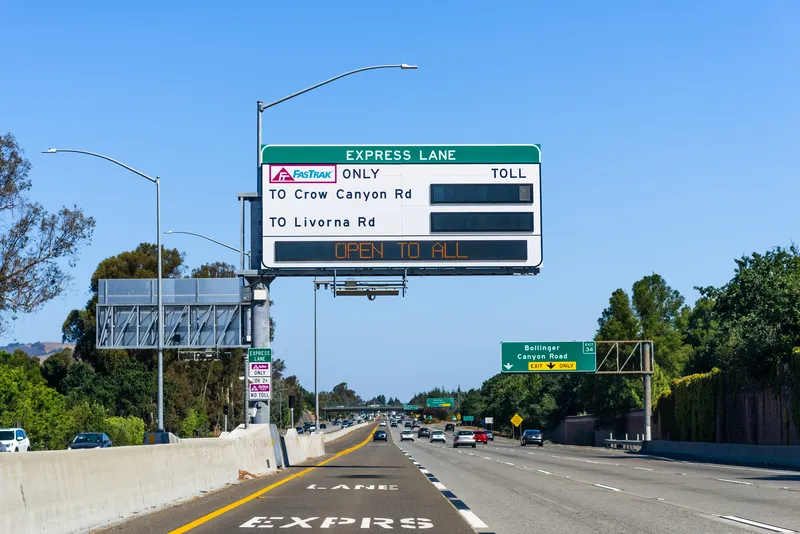San Mateo County in California is to implement a US$35 million dollar smart corridor project which will apply the latest management technology along twenty miles of El Camino Real from San Bruno to Menlo Park and on local streets in San Mateo County. “We’re working together to help people get to where they are going easier and faster,” said Caltrans Director Malcolm Dougherty. “This is a good example of how technology can help us make better use of the roads we already have.” The Intelligent Transportation
November 9, 2012
Read time: 2 mins
San Mateo County in California is to implement a US$35 million dollar smart corridor project which will apply the latest management technology along twenty miles of El Camino Real from San Bruno to Menlo Park and on local streets in San Mateo County.
“We’re working together to help people get to where they are going easier and faster,” said3879 Caltrans Director Malcolm Dougherty. “This is a good example of how technology can help us make better use of the roads we already have.”
The Intelligent Transportation System (ITS) includes a fibre optic communication system that will connect to Caltrans’ Transportation Management Center in Oakland and ten San Mateo County cities; electronic message signs that guide motorists through detour routes during freeway incidents; sensors providing information about the volume of traffic at specific locations; and closed circuit television cameras allowing Caltrans and the ten cities to monitor traffic flow and determine the most effective way to reroute motorists during major congestion.
“Drivers will benefit from this innovative use of technology,” said Rich Napier, executive director of the city/county Association of Governments of San Mateo County. “When a traffic incident occurs, motorists will be provided with real-time information to help them choose whether to remain on the highway, choose a detour, or travel to the nearest public transit station.”
One of the major benefits of the project is that it will link more than 250 state and local traffic signals, enabling the signal timing to be adjusted remotely to better manage the flow of traffic during incidents, eliminating the need to drive to the signal to make adjustments.
The project also will improve communication and coordination among emergency responders, local agencies and Caltrans because they will all have access to the same information.
“We are excited to be a part of this cooperative effort to improve travel in San Mateo County,” said Bijan Sartipi, Caltrans District 4 Director. “Smart corridor projects are an important component of Bay Area mobility and Caltrans is working with its partners to blaze a trail on this promising new technology.”
“We’re working together to help people get to where they are going easier and faster,” said
The Intelligent Transportation System (ITS) includes a fibre optic communication system that will connect to Caltrans’ Transportation Management Center in Oakland and ten San Mateo County cities; electronic message signs that guide motorists through detour routes during freeway incidents; sensors providing information about the volume of traffic at specific locations; and closed circuit television cameras allowing Caltrans and the ten cities to monitor traffic flow and determine the most effective way to reroute motorists during major congestion.
“Drivers will benefit from this innovative use of technology,” said Rich Napier, executive director of the city/county Association of Governments of San Mateo County. “When a traffic incident occurs, motorists will be provided with real-time information to help them choose whether to remain on the highway, choose a detour, or travel to the nearest public transit station.”
One of the major benefits of the project is that it will link more than 250 state and local traffic signals, enabling the signal timing to be adjusted remotely to better manage the flow of traffic during incidents, eliminating the need to drive to the signal to make adjustments.
The project also will improve communication and coordination among emergency responders, local agencies and Caltrans because they will all have access to the same information.
“We are excited to be a part of this cooperative effort to improve travel in San Mateo County,” said Bijan Sartipi, Caltrans District 4 Director. “Smart corridor projects are an important component of Bay Area mobility and Caltrans is working with its partners to blaze a trail on this promising new technology.”








